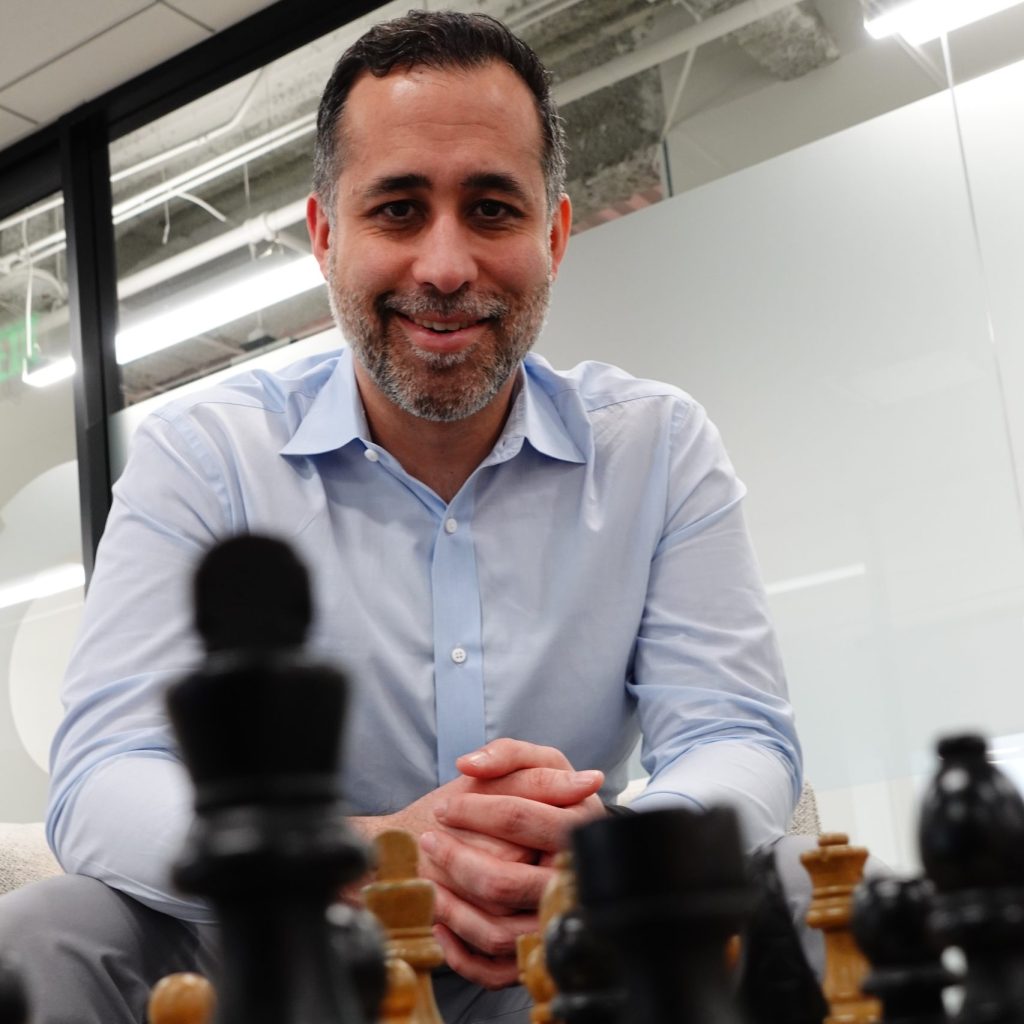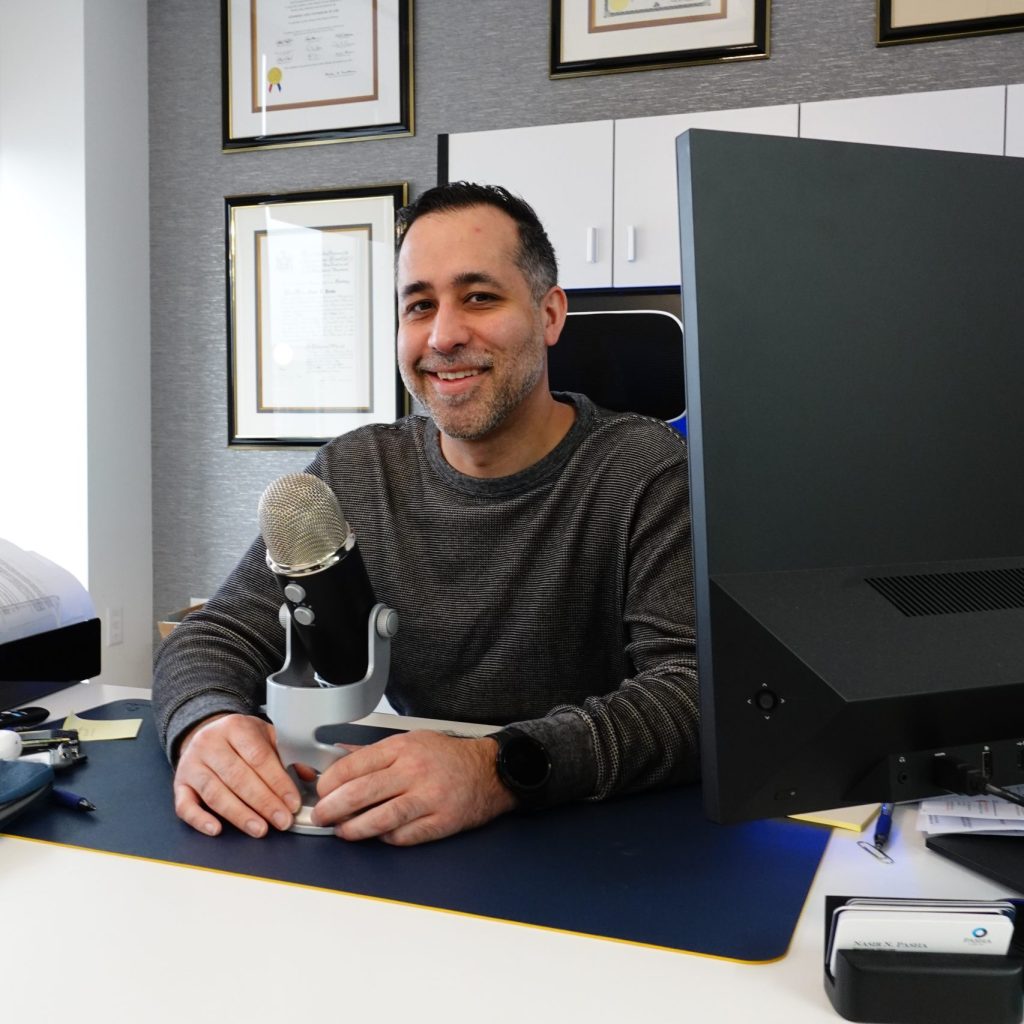Yes, you could say that Martin Winterkorn, former CEO of Volkswagen, has had a couple of very bad weeks. Late in September, VW acknowledged that 11 million of its vehicles worldwide, including nearly 500,000 in the United States, were involved in a deception that allowed the vehicles to pass emissions tests while emitting nitrogen oxide at up to 40 times the federal standard.
Buyers of deceptively dirty diesel technology have plenty of reason to feel that they have been hoodwinked. Shareholders may feel misled. Breathers of air have no reason to be happy either.
Under the terms of the Clean Air Act, the Department of Justice could impose fines of as much as $37,500 for each recalled vehicle, for a possible total penalty of as much as $18 billion. States with their own clean air standards and European countries may bring legal action against VW, as well.
There is talk of criminal prosecution, even though there is no indication that Winterkorn or other officers actually knew of the software manipulation. VW’s public stock promptly shed 29 percent of its value.
Some judicial finding of corporate liability or a settlement to avoid such a finding seems nearly certain, at this point. But what about personal liability, either criminal or civil for VW officers?
This is the issue that should be on the mind of officers and directors of every enterprise that does business in corporate form. Under the developing doctrine of the “responsible corporate officer” and new DOJ initiatives, there may be fewer legal protections against personal liability than many believe. Directors and officers insurance, bylaw indemnification, and sound corporate governance practices may be the best sources of protection.
An escalating search for wrongful intent
One of the points of organizing a business as a corporation is to reduce the risk of personal liability. Of course, there have long been situations in which officers and directors can be held liable – where they make a decision that causes financial harm to a corporation, act in their own interests to the detriment of the corporation, or commit or direct others to commit a wrongful act or crime.
High-profile cases involving wrongdoing by corporate executives beginning in the early 2000s with Enron and continuing through the global financial crisis have intensified the focus on how risky, unwise or even fraudulent decisions made by corporate executives can impact large numbers of people.
In general terms, fraud occurs whenever someone intentionally deceives others for personal gain. Corporate fraud cases can involve multiple people and complicated schemes aimed at deceiving the public, auditors, investigators, or others. But the complexity of the schemes and the layered nature of corporate decision making can make it very difficult for prosecutors to pinpoint the individual wrongful intent that is necessary to establish the crime. So the tendency seems to be to impute it from the results, moving toward what attorneys will recognize as a theory of strict liability.
Prosecutions are particularly likely under certain federal statutes, including those that forbid money laundering, tax evasion, securities laws violations, health care fraud, and more recently health and safety and environmental protections. Prosecutions are also possible under a variety of state laws including environmental laws and workers compensation statutes and they are not limited to those involving only misdemeanor penalties. The intent necessary to find fraud has been imputed even in felony cases.
Responsible corporate officer doctrine
The RCO doctrine arises from a 1943 Supreme Court case in which the president of a corporation, which purchased and repackaged drugs that the original manufacturer had misbranded and adulterated, was found guilty under the criminal provisions of the Federal Food, Drug, and Cosmetic Act, even though he had no personal knowledge that the drugs were adulterated. The court opined that the
legislation dispenses with the conventional requirement for criminal conduct – an awareness of some wrongdoing. In the interest of the larger good it puts the burden of acting at hazard upon a person otherwise innocent but standing in responsible relation to a public danger.
The theory has been frequently employed in consumer protection and environmental cases with facts involving adulterated drugs or food, the transportation of hazardous materials, off-label marketing of drugs, faulty medical devices and industrial water pollution. Courts increasingly see the theory as a way to move corporate culture toward greater public accountability.
In 2008, a California court of appeals held that the RCO doctrine could be used to impose joint and several civil liability on the officers, directors, and shareholders of a company that owned, operated, and failed to timely remediate petroleum contamination caused by a leaking underground storage tank. It would hardly be a stretch to find it in a federal prosecution under the Clean Air Act.
Yates memorandum
On September 9, 2015 a memorandum issued by Deputy Attorney General Sally Quillen Yates to all United States Attorneys refocused attention on individual accountability for corporate wrongdoing.
The memorandum identifies corporate fraud as a top priority for the DOJ and requires prosecutors to:
- Extend cooperation credit only to companies that disclose all relevant facts relating to the individuals responsible for the misconduct,
- Focus corporate investigations on individuals from the inception of the investigation,
- Not release culpable individuals from liability when settling a matter with a company, absent extraordinary circumstances or departmental policy,
- Resolve corporate cases only when a plan for individual cases has been established, including the memorialization of any declinations as to any individuals in those cases, and
- Base the decision of whether to bring a suit against an individual on considerations beyond their ability to pay.
These appear to be harsh new prosecution standards imposed somewhat belatedly in the wake of the corporate wrongdoing understood to be at the root of the financial crisis of 2008.
What should officers and directors do?
Panic would probably be premature, although the new enforcement atmosphere may make it less attractive for individuals to serve on boards or as officers. Courts still seem reluctant to impose personal liability for simple negligence, but there is a risk that intent will be imputed where the consequences to public health and welfare, including financial welfare are far reaching.
There are several steps that officers and directors can take to minimize the risk of personal liability:
- Review insurance coverages. D&O insurance has never been more important. In addition, companies should make sure that their policies will waive the applicable retention or deductible in the event that the company fails or refuses to indemnify a director or officer. Otherwise, individuals may have to satisfy a retention on their own before they can access the policy.
- Review the company’s bylaws, especially including a provision that indemnifies officers and directors against all losses caused by negligent conduct.
- Amend the bylaws to permit directors and officers to exercise their Fifth Amendment right to remain silent without penalty.
- Tighten corporate governance to ensure that officers have full information regarding their subordinates’ ongoing activities. This will lead to better decision-making, lessen the likelihood of mistakes being made and minimize the prospects that future losses will trigger litigation.
- Establish comprehensive checks and balances within the corporate structure to minimize mistakes and put an end to intentional conduct that could place the corporation and its officers at risk of lawsuit.
Victims of corporate fraud, whether the fraud results in adulterated drugs or dirty air, are likely to continue efforts to find additional sources of recovery for the damages they suffer as a consequence of corporate actions. There is a policy argument for this, to the extent that it improves enforcement of laws intended to protect the public welfare. But there is a cost for corporate management, as well.
VW’s bad weeks are probably not over yet, but officers and directors of corporations throughout the country may now have the opportunity and incentive to take necessary steps to reduce the risks of both corporate and personal liability.

















![Law in the Digital Age: Exploring the Legal Intricacies of Artificial Intelligence [e323]](https://www.pashalaw.com/wp-content/uploads/2023/11/WhatsApp-Image-2023-11-21-at-13.24.49_4a326c9e-300x212.jpg)
![Unraveling the Workforce: Navigating the Aftermath of Mass Layoffs [e322]](https://www.pashalaw.com/wp-content/uploads/2023/07/Untitled-design-23-300x212.png)
![Return to the Office vs. Remote: What Can Employers Legally Enforce? [e321]](https://www.pashalaw.com/wp-content/uploads/2023/01/Pasha_LSSB_321_banner-300x212.jpg)
![Explaining the Hans Niemann Chess Lawsuit v. Magnus Carlsen [e320]](https://www.pashalaw.com/wp-content/uploads/2022/10/LAWYER-EXPLAINS-7-300x169.png)
![California v. Texas: Which is Better for Business? [313]](https://www.pashalaw.com/wp-content/uploads/2021/07/Pasha_LSSB_CaliforniaVSTexas-300x212.jpg)
![Buyers vs. Sellers: Negotiating Mergers & Acquisitions [e319]](https://www.pashalaw.com/wp-content/uploads/2022/06/Pasha_LSSB_BuyersVsSellers_banner-300x212.jpg)
![Employers vs. Employees: When Are Employment Restrictions Fair? [e318]](https://www.pashalaw.com/wp-content/uploads/2022/05/Pasha_LSSB_EmployeesVsEmployers_banner-1-300x212.jpg)
![Vaccine Mandates Supreme Court Rulings [E317]](https://www.pashalaw.com/wp-content/uploads/2022/02/WhatsApp-Image-2022-02-11-at-4.10.32-PM-300x212.jpeg)
![Business of Healthcare [e316]](https://www.pashalaw.com/wp-content/uploads/2021/11/Pasha_LSSB_BusinessofHealthcare_banner-300x212.jpg)
![Social Media and the Law [e315]](https://www.pashalaw.com/wp-content/uploads/2021/10/WhatsApp-Image-2021-10-06-at-1.43.08-PM-300x212.jpeg)
![Defining NDA Boundaries: When does it go too far? [e314]](https://www.pashalaw.com/wp-content/uploads/2021/09/Pasha_LSSB_NDA_WordPress-2-300x212.jpg)
![More Than a Mistake: Business Blunders to Avoid [312] Top Five Business Blunders](https://www.pashalaw.com/wp-content/uploads/2021/06/Pasha_LSSB_Blunders_WP-1-300x212.jpg)
![Is There a Right Way to Fire an Employee? We Ask the Experts [311]](https://www.pashalaw.com/wp-content/uploads/2021/02/Pasha_LSSB_FireAnEmployee_Website-300x200.jpg)
![The New Frontier: Navigating Business Law During a Pandemic [310]](https://www.pashalaw.com/wp-content/uploads/2020/12/Pasha_LSSB_Epidsode308_Covid_Web-1-300x200.jpg)
![Wrap Up | Behind the Buy [8/8] [309]](https://www.pashalaw.com/wp-content/uploads/2020/11/Pasha_BehindTheBuy_Episode8-300x200.jpg)
![Is it all over? | Behind the Buy [7/8] [308]](https://www.pashalaw.com/wp-content/uploads/2020/09/iStock-1153248856-overlay-scaled-300x200.jpg)
![Fight for Your [Trademark] Rights | Behind the Buy [6/8] [307]](https://www.pashalaw.com/wp-content/uploads/2020/07/Fight-for-your-trademark-right-300x200.jpg)
![They Let It Slip | Behind the Buy [5/8] [306]](https://www.pashalaw.com/wp-content/uploads/2020/06/Behind-the-buy-they-let-it-slip-300x200.jpg)
![Mo’ Investigation Mo’ Problems | Behind the Buy [4/8] [305]](https://www.pashalaw.com/wp-content/uploads/2020/05/interrobang-1-scaled-300x200.jpg)
![Broker or Joker | Behind the Buy [3/8] [304] Behind the buy - Broker or Joker](https://www.pashalaw.com/wp-content/uploads/2020/04/Joker-or-Broker-1-300x185.jpg)
![Intentions Are Nothing Without a Signature | Behind the Buy [2/8] [303]](https://www.pashalaw.com/wp-content/uploads/2020/04/intentions-are-nothing-without-a-signature-300x185.jpg)
![From First Steps to Final Signatures | Behind the Buy [1/8] [302]](https://www.pashalaw.com/wp-content/uploads/2020/04/first-steps-to-final-signatures-300x185.jpg)
![The Dark-side of GrubHub’s (and others’) Relationship with Restaurants [e301]](https://www.pashalaw.com/wp-content/uploads/2015/04/When-Competition-Goes-Too-Far-Ice-Cream-Truck-Edition-300x201.jpg)
![Ultimate Legal Breakdown of Internet Law & the Subscription Business Model [e300]](https://www.pashalaw.com/wp-content/uploads/2019/05/Ultimate-Legal-Breakdown-of-Internet-Law-the-Subscription-Business-Model-300x196.jpg)
![Why the Business Buying Process is Like a Wedding?: A Legal Guide [e299]](https://www.pashalaw.com/wp-content/uploads/2019/03/futura-300x169.jpg)
![Will Crowdfunding and General Solicitation Change How Companies Raise Capital? [e298]](https://www.pashalaw.com/wp-content/uploads/2018/11/Will-Crowdfunding-and-General-Solicitation-Change-How-Companies-Raise-Capital-300x159.jpg)
![Pirates, Pilots, and Passwords: Flight Sim Labs Navigates Legal Issues (w/ Marc Hoag as Guest) [e297]](https://www.pashalaw.com/wp-content/uploads/2018/07/flight-sim-labs-300x159.jpg)
![Facebook, Zuckerberg, and the Data Privacy Dilemma [e296] User data, data breach photo by Pete Souza)](https://www.pashalaw.com/wp-content/uploads/2018/04/data-300x159.jpg)
![What To Do When Your Business Is Raided By ICE [e295] I.C.E Raids business](https://www.pashalaw.com/wp-content/uploads/2018/02/ice-cover-300x159.jpg)
![General Contractors & Subcontractors in California – What you need to know [e294]](https://www.pashalaw.com/wp-content/uploads/2018/01/iStock-666960952-300x200.jpg)
![Mattress Giants v. Sleepoplis: The War On Getting You To Bed [e293]](https://www.pashalaw.com/wp-content/uploads/2017/12/sleepopolis-300x159.jpg)
![The Harassment Watershed [e292]](https://www.pashalaw.com/wp-content/uploads/2017/12/me-2-300x219.jpg)
![Investing and Immigrating to the United States: The EB-5 Green Card [e291]](https://www.pashalaw.com/wp-content/uploads/2012/12/eb-5-investment-visa-program-300x159.jpg)
![Responding to a Government Requests (Inquiries, Warrants, etc.) [e290] How to respond to government requests, inquiries, warrants and investigation](https://www.pashalaw.com/wp-content/uploads/2017/10/iStock_57303576_LARGE-300x200.jpg)
![Ultimate Legal Breakdown: Employee Dress Codes [e289]](https://www.pashalaw.com/wp-content/uploads/2017/08/Ultimate-Legal-Breakdown-Template-1-300x159.jpg)
![Ultimate Legal Breakdown: Negative Online Reviews [e288]](https://www.pashalaw.com/wp-content/uploads/2017/06/Ultimate-Legal-Breakdown-Online-Reviews-1-300x159.jpg)
![Ultimate Legal Breakdown: Social Media Marketing [e287]](https://www.pashalaw.com/wp-content/uploads/2017/06/ultimate-legal-breakdown-social-media-marketing-blur-300x159.jpg)
![Ultimate Legal Breakdown: Subscription Box Businesses [e286]](https://www.pashalaw.com/wp-content/uploads/2017/03/ultimate-legal-breakdown-subscription-box-services-pasha-law-2-300x159.jpg)
![Can Companies Protect Against Foreseeable Misuse of Apps [e285]](https://www.pashalaw.com/wp-content/uploads/2017/01/iStock-505291242-300x176.jpg)
![When Using Celebrity Deaths for Brand Promotion Crosses the Line [e284]](https://www.pashalaw.com/wp-content/uploads/2017/01/celbrity-300x159.png)
![Are Employers Liable When Employees Are Accused of Racism? [e283] Racist Employee](https://www.pashalaw.com/wp-content/uploads/2016/12/Are-employers-liable-when-an-employees-are-accused-of-racism-300x159.jpg)
![How Businesses Should Handle Unpaid Bills from Clients [e282] What to do when a client won't pay.](https://www.pashalaw.com/wp-content/uploads/2016/12/How-Businesses-Should-Handle-Unpaid-Bills-to-Clients-300x159.png)
![Can Employers Implement English Only Policies Without Discriminating? [e281]](https://www.pashalaw.com/wp-content/uploads/2016/11/Can-Employers-Impliment-English-Only-Policies-Without-Discriminating-300x159.jpg)
![Why You May No Longer See Actors’ Ages on Their IMDB Page [e280]](https://www.pashalaw.com/wp-content/uploads/2016/10/IMDB-AGE2-300x159.jpg)
![Airbnb’s Discrimination Problem and How Businesses Can Relate [e279]](https://www.pashalaw.com/wp-content/uploads/2016/09/airbnb-300x159.jpg)
![What To Do When Your Amazon Account Gets Suspended [e278]](https://www.pashalaw.com/wp-content/uploads/2016/09/What-To-Do-When-Your-Amazon-Account-Gets-Suspended-1-300x200.jpg)
![How Independent Artists Reacted to Fashion Mogul Zara’s Alleged Infringement [e277]](https://www.pashalaw.com/wp-content/uploads/2016/08/How-Independent-Artists-Reacted-to-Fashion-Mogul-Zaras-Alleged-Infringement--300x159.jpg)
![Can Brave’s Ad Replacing Software Defeat Newspapers and Copyright Law? [e276]](https://www.pashalaw.com/wp-content/uploads/2016/08/Can-Braves-Ad-Replacing-Software-Defeat-Newspapers-and-Copyright-Law-300x159.jpg)
![Why The Roger Ailes Sexual Harassment Lawsuit Is Far From Normal [e275]](https://www.pashalaw.com/wp-content/uploads/2016/07/WHY-THE-ROGER-AILES-SEXUAL-HARASSMENT-LAWSUIT-IS-FAR-FROM-NORMAL-300x159.jpeg)
![How Starbucks Turned Coveted Employer to Employee Complaints [e274]](https://www.pashalaw.com/wp-content/uploads/2016/07/iStock_54169990_LARGE-300x210.jpg)
